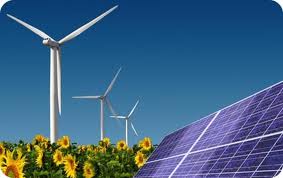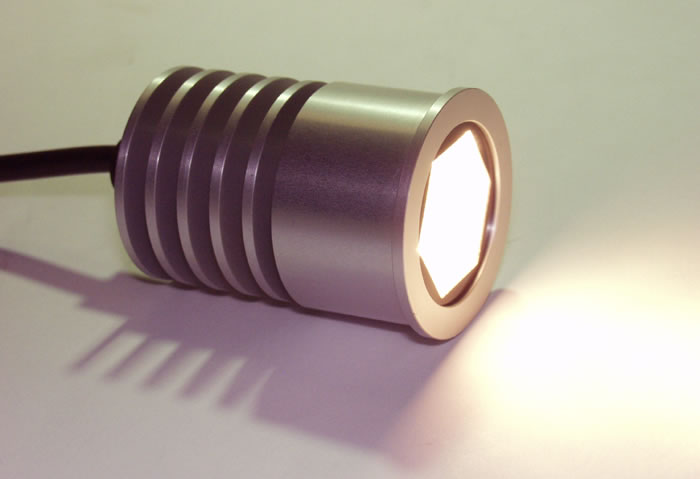 “One word sums up the attitude of engineers towards climate change: frustration.” That’s Colin Brown, director of engineering at the UK’s Institution of Mechanical Engineers, writing in the latest New Scientist. Political inertia combines with continuing noise from the vocal minority of sceptics to mean that we are doing woefully little to prevent the worsening of global warming.
“One word sums up the attitude of engineers towards climate change: frustration.” That’s Colin Brown, director of engineering at the UK’s Institution of Mechanical Engineers, writing in the latest New Scientist. Political inertia combines with continuing noise from the vocal minority of sceptics to mean that we are doing woefully little to prevent the worsening of global warming.
It’s not as if we are lacking the technology:
Engineers know there is so much more that we could do. While the world’s politicians have been locked in predominantly fruitless talks, engineers have been developing the technologies we need to bring down emissions and help create a more stable future.
Wind, wave and solar power, zero-emissions transport, low-carbon buildings and energy-efficiency technologies have all been shown feasible. To be rolled out on a global scale, they are just waiting for the political will. Various models, such as the European Climate Foundation’s Roadmap 2050, show that implementing these existing technologies would bring about an 85 per cent drop in carbon emissions by 2050. The idea that we need silver-bullet technologies to be developed before the green technology revolution can happen is a myth. The revolution is waiting to begin.
The barriers to a low-carbon society are not technological but political and financial, he declares. That’s why at a London conference this month 11 national engineering institutions representing 1.2 million engineers from across the globe decided on a joint call for action to be presented at December’s COP17 climate change conference in Durban, South Africa.

 It was good to see Michael Downie, the general manager of Phillips Lighting,
It was good to see Michael Downie, the general manager of Phillips Lighting,  Is a fully sustainable global energy system possible by 2050? It’s hard to imagine a more important question if we entertain hopes of avoiding the worst effects of climate change. It is the question addressed by a new and substantial
Is a fully sustainable global energy system possible by 2050? It’s hard to imagine a more important question if we entertain hopes of avoiding the worst effects of climate change. It is the question addressed by a new and substantial